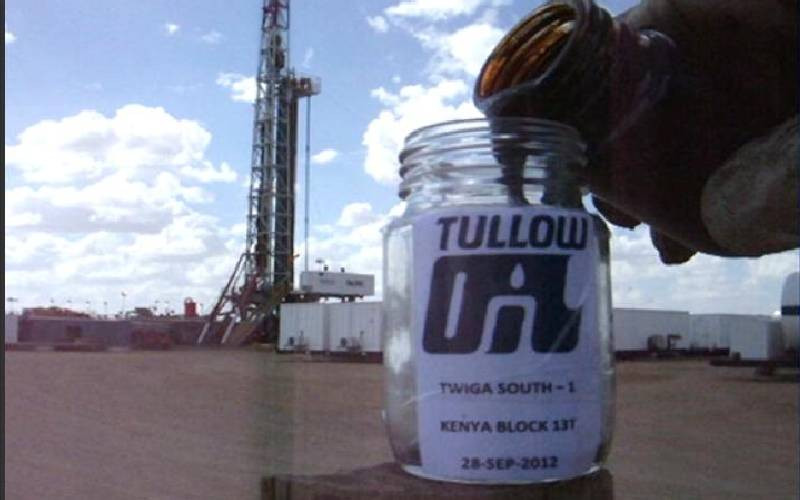×
The Standard e-Paper
Kenya’s Boldest Voice

The government has over the last decade inspired a lot of hope that Kenya would at some point join the league of oil exporters and with it, add another foreign exchange earner to our economy.